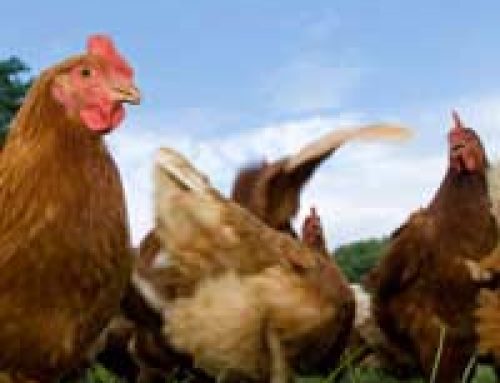 For the most part here, we are talking about cats and dogs but we’ll briefly come to other pets who might live outdoors later.
For the most part here, we are talking about cats and dogs but we’ll briefly come to other pets who might live outdoors later.
It’s important to make sure that your garden or backyard is a safe, secure and fun environment for your pet and there are several things to consider.
Fences
Dogs are ingenious at finding ways to go under, over or through fences and some dogs can even find a way to open the latch on the gate if it isn’t secure. Cats are notoriously good climbers so be wary of trees whose branches might overhang outside your garden boundary if you don’t want your cat to stray from your garden.
You’ll either have a fence already or you will have to build one or have one built for you. Check the fence and gate and, if you think your pet can escape from any particular area, chances are it can so make any necessary repairs and fill any gaps that are more than a couple of inches wide. If your dog can open a gate, replace the latch with a much stiffer one and you can go a step further by adding a slide bolt.
If you’re dog’s a digger, you can stop him from burrowing his way out by placing cement blocks under the fence or extend chicken wire from the bottom of the fence to a few feet underground. This should do the trick but to keep it fun for the dog, you might care to give up a section of your garden and fill it with loose soil or sand for him to satisfy his digging tendencies.
Don’t leave a table or anything else near the fence which your pet could use to jump onto then to use to launch their escape over the fence. And, in winter, if it’s been snowing heavily, a pile of snow that’s been built up can also be used as a ‘launch pad’ so make sure you shovel it up.
Put a ‘keep the gate closed’ sign on both sides of the gate so that visitors, or perhaps your children, are reminded to shut it behind them whenever they come and go.
Cats and dogs will be less inclined to want to try and escape if they’re content. Leave small cracks or holes in the fence or a tiny gap at the bottom of the gate so that they can see through to watch the world go by and provide toys which you can leave out in the garden for them to play with. Naturally, dogs should be taken out of the garden each day and exercised.
Outdoor Enclosures
You may want your pet to live outside the house or you may be concerned about someone taking or harming your pet. Outdoor dog and cat enclosures allow you to have a kennel-like area where dogs and cats can be outdoors safely. If these are built adjacent to the house, a cat or dog flap can allow the animals to come in and out as they please if you prefer.
Take Care When Gardening
Your dog or cat isn’t going to know his pesticide from his fertilizer so you should only use non-toxic products that aren’t harmful to animals. Avoid having toxic plants as dogs and cats are known to like a nibble of a leaf or two now and then, even if your dog is just on its way to burying something. Mouse or rat poison can kill cats and dogs so if you use it anywhere around the garden, make sure it’s located where your pet can’t get at it. If you do have an infestation of mice or rats and are trying to resolve the problem with poison, also make sure that you check your garden each day for any rodents which might have been killed as you don’t want your pet to become contaminated by the dead body of a poisoned animal. Clean up dog mess every day. Pets can get parasites and bacterial infections from their own faeces. Also, try to see your surroundings from the perspective of your pet and remove any sharp objects that may injure your pet’s feet.
Rabbits and Guinea Pigs
If you keep your rabbit, guinea pig or other similar small pet outdoors, make sure you follow the guidelines above in terms of stopping them from being able to escape if you let them out of their hutch. A warm, wooden hutch with plenty of insulation along with a mesh front will be a suitable place to keep them but, if you suspect foxes are in the vicinity, you need to be very vigilant as whilst a fox might not approach a dog or a cat, a rabbit or guinea pig look very appetizing and a fox will easily tear down a mesh door or grille. Sturdier mesh made of steel is vital in this instance or if you know of any foxes in the area, it might be best to keep your smaller pets inside.
Keeping Pets Out as Well as in
Some of this section applies equally to pet owners who still want to have a beautiful garden and also to those people without pets but who want to keep their neighbours’ pets from entering their own garden.
A layer of coffee grounds in flower beds will keep cats from going in them and a chicken wire fence suspended at either end of a flower bed on top of wooden stakes and unravelled over the top of the flower bed will keep dogs and cats from ruining your flowers and plants. Cats don’t like the smell of rosemary and sage so they are herbs you might want to grow if you want to keep your cat out of a flower bed.
To prevent dogs from lying down in flower beds, drive some short wooden stakes into the ground throughout the bed. You can also keep pets out of freshly seeded or mulched beds or soft soil by planting some thorny branches into the ground at regular intervals.
So, whether you want to keep a pet in or out of the garden, these useful tips allow you to live in harmony with both your garden and your pet, if you have one.





Leave A Comment